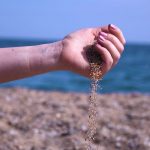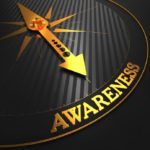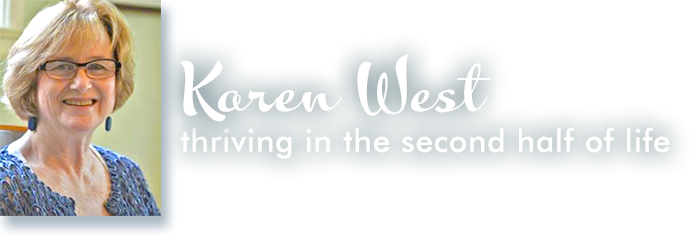In my last blog entry https://karenwestcsl.com/thanks-to-impermanence-everything-is-possible/ I started writing about mortality and impermanence. I shared the quote from The Art of Living by Thich Nhat Hahn that said when we accept the notion of impermanence, we can get the “insight of impermanence.” (119) In this entry, I’m going to continue writing about that insight.
In his book The Five Invitations: Discovering What Death Can Teach Us About Living Fully, Frank Ostaseski, the first Zen Hospice Project Director in 1987 in San Francisco, wrote, “It is the impermanence of life that gives us perspective. As we come into contact with life’s precarious nature, we also come to appreciate its preciousness. Then we don’t want to waste a minute. We want to enter our lives fully and use them in a responsible way. Death is a good companion on the road to living well and dying without regret.” (3)
If we were together in a workshop, I would ask what you think it means to “use your life in a responsible way.” To me, it means to be conscious, to not just let your life happen to you. On occasion, I have done a practice where at the end of the day, I try to remember what happened during the day in my journal, and I have a terrible time remembering.

I love what Wendy Lustbader writes about keeping a journal in her book Life Gets Better: The Unexpected Pleasures of Growing Older. “I cannot go for long without opening up my journal and capturing what has been going on in my life. My tolerance for getting behind is about ten days, and then I become desperate to catch up and get something of those days inscribed…It feels as if such entries add an extra layer to living…I accept my own impermanence, but I cannot stand to lose a week or a month…The capacity to pause, to deliberately step back and consider our words and actions, is a skill to be cultivated.” (84–85)
Another concept that we can embrace if we want to “use our lives responsibly” is mindfulness. In The Grace in Aging: Awaken as You Grow Older by Kathleen Dowling Singh, she writes, “Impermanence does not occur only in reference to decades or years or weeks or days. Impermanence is the nature of every arising moment. Each precious moment matters. It has never arisen before. It will never return again.” (24)

We can get better at being in the moment by intentionally practicing mindfulness. If we remind ourselves every day, and several times a day if possible, that we want to practice mindfulness, we will become more skillful at noticing when our monkey mind is living a life of its own. We can pause, breathe slowly, and really pay attention to what is going on in our mind and body. Have you ever taken the series of classes called “Mindfulness Based Stress Reduction”? In the first class, you’re asked to eat a raisin mindfully. That was my first experience of slowing down and really being conscious. Usually, the first thing I do after I take a deep breath is relax my shoulders, and even that helps me move into the present.
Kathleen Dowling Singh goes on to say, “Opening to the reality of our own death, we deepen our determination to wring the most out of every moment of opportunity, every now that this human experience offers.” (24)
But it’s not enough to just intellectually realize that every moment matters. As Frank Ostaseski says, “Our work is to move this understanding from our intellect and to nestle it deep within our hearts.” (19) And Kathleen Dowling Singh writes, “To take in that we will die and that it is uncertain when—that it could be anytime, even this moment—at the level of our heart is an understanding of the whole being that can actually affect and transform us.” (96)


2 thoughts on ““Entering Our Lives Fully and Using Them in a Responsible Way””
I think I need to buy some raisins! Thank you Karen for the insights.
Thank you!